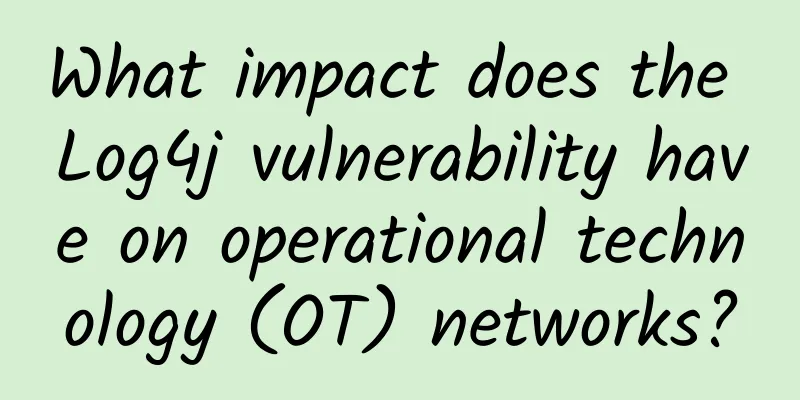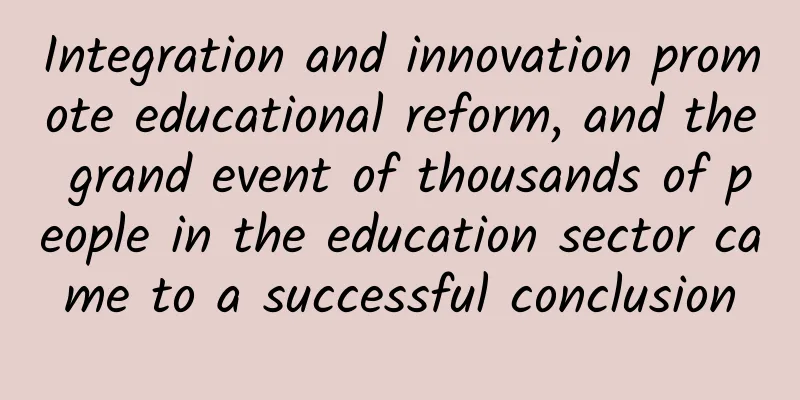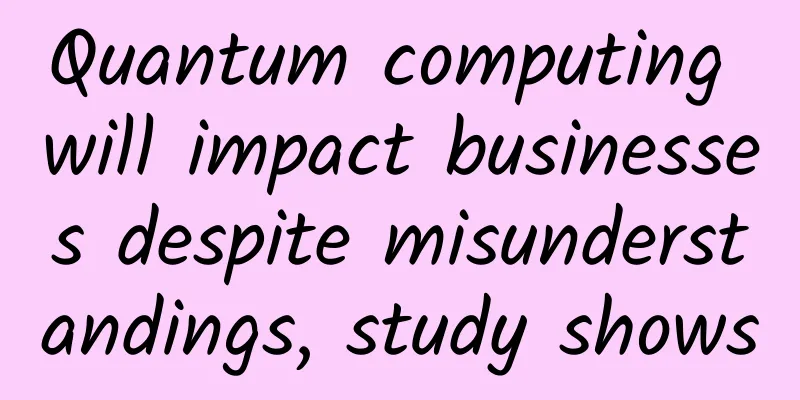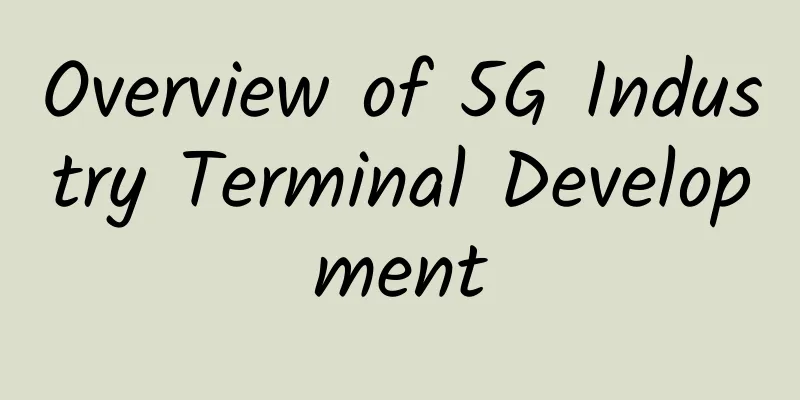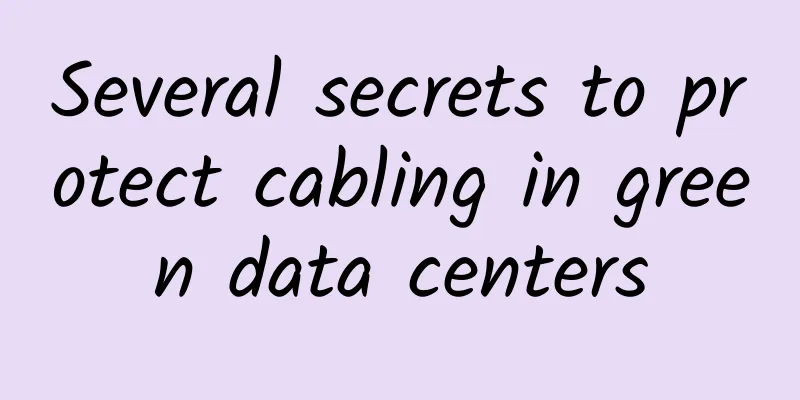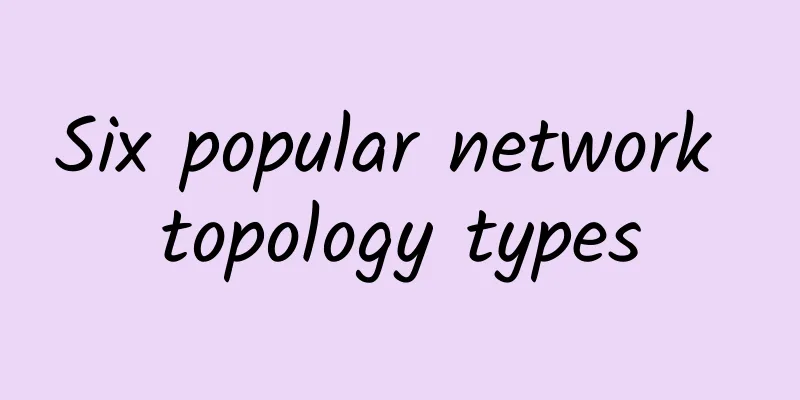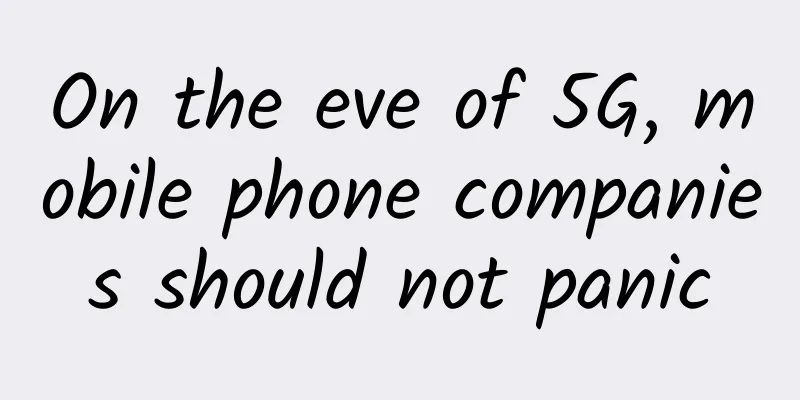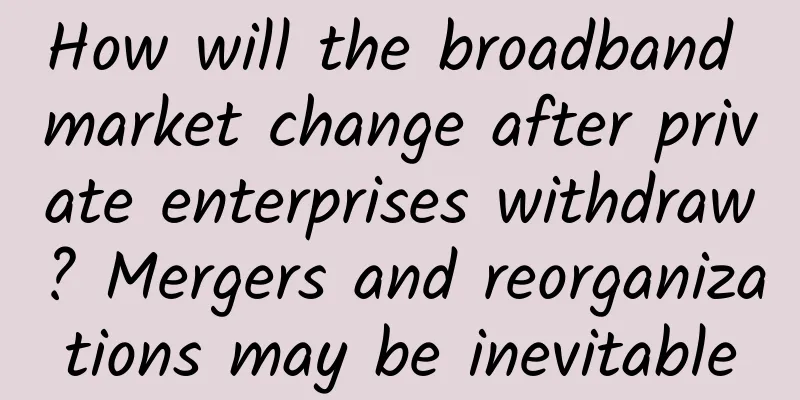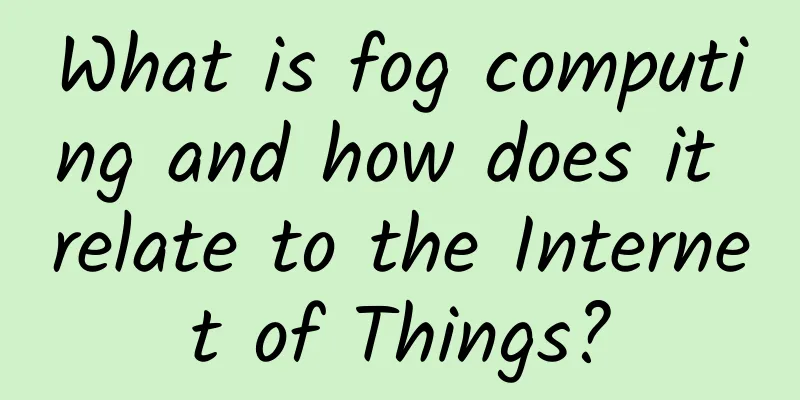Huawei releases the "Digital Energy Zero Carbon Network Solution" to fully help operators achieve carbon neutrality goals
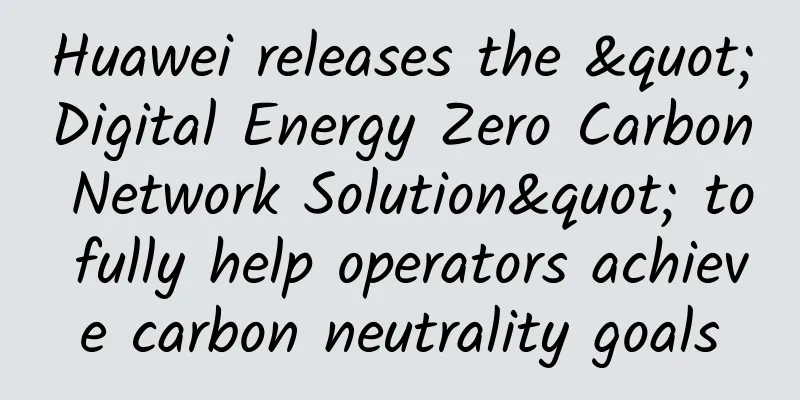
|
At the Huawei media communication meeting held during the 2021 MWC Shanghai Conference, Zhou Taoyuan, Huawei Vice President and President of the Digital Energy Product Line, released the Digital Energy Zero-Carbon Network Solution, which aims to help operators achieve their zero-carbon network strategy and accelerate the world's green and sustainable development process. Low carbon is an important proposition for human society today. Major economies in the world have pledged to achieve carbon neutrality by the middle of this century, and the business community is also moving towards green and sustainable development. Major operators and traditional energy giants have proposed carbon neutrality goals and started low-carbon actions. With the rise of the global carbon neutrality movement, the energy structure is accelerating its transformation, and the energy industry is bound to transform towards digitalization and low carbonization to adapt to the needs of the rapid development of the digital world. Zhou Taoyuan pointed out that "zero-carbon networks have become an important strategic goal of the world's leading operators." Against the backdrop of carbon neutrality, the curtain has been raised on the global energy revolution. In the future, renewable energy will become a major player in the energy industry. At the same time, global ICT energy consumption continues to grow, and is expected to reach 5% of the world's total electricity by 2030. The proportion of electricity costs in the 10-year TCO of data centers will exceed 60%. The two parallel tracks of low carbonization and low energy consumption are undoubtedly the two major directions for the future development of operators.
Zhou Taoyuan, Vice President of Huawei and President of Digital Energy Product Line Zhou Taoyuan said that Huawei's digital energy zero-carbon network solution, integrated with the smart energy cloud, will help operators cope with internal and external challenges and promote operators to develop towards low-carbon, green and sustainable development. Specifically, Huawei's zero-carbon network solution includes minimalist sites, minimalist computer rooms, minimalist data centers, and ubiquitous green electricity. First, a minimalist site refers to a site with extremely simplified form, from indoor sites to outdoor sites, and further developed into outdoor blades, which turns rooms into cabinets, cabinets into poles, and fully transforms them into pole sites, thereby reducing energy consumption, saving electricity bills, and saving rent. Second, a minimalist computer room. For new construction scenarios, cabinets are used to replace computer rooms. For capacity expansion scenarios, there is no need to add computer rooms, change cables, or add air conditioners, thereby saving energy, space, and engineering. Third, the minimalist data center reconstructs the architecture through fully prefabricated and modular construction, shortening the construction period from 20 months to 6 months; reconstructs the power supply through the integration of high-density, high-efficiency and energy-saving solutions to improve efficiency and achieve predictive maintenance; reconstructs temperature control through solutions such as indirect evaporative cooling and iCooling, saving 17% of energy compared to traditional chilled water solutions; reconstructs operation and maintenance through intelligent operation and maintenance solutions, and improves operation and maintenance efficiency by 35%. Fourth, ubiquitous green electricity, which will be introduced into sites, computer rooms, data centers, etc., to achieve full-scenario overlapping of light and create green connections and green computing. The four solutions integrate the "Smart Energy Cloud" and, through integrated intelligent management of source-grid-load-storage, ultimately significantly reduce electricity costs and improve energy efficiency. Huawei Digital Energy has deep experience in power electronics, information and communication technology, and digital technology, and is committed to the two major industrial sectors of green power generation and efficient electricity use. It has currently generated 325 billion kWh of green power and saved 10 billion kWh of electricity, equivalent to planting 220 million trees. Zhou Taoyuan pointed out, "It is our goal and mission to contribute to the world's carbon neutrality." Huawei Digital Energy's zero-carbon network solution will actively help operators move towards low-carbon sustainable development and accelerate the world's carbon neutrality process. On February 22, at the "Connected and Co-Prosperous" forum co-organized by Huawei, the Global System for Mobile Communications Association (GSMA), the Center for Environmental Economics Research of Fudan University, and others, Chen Lifang, senior vice president and director of Huawei, mentioned in her speech: Huawei's smart photovoltaic solutions are widely used in more than 60 countries, cumulatively reducing carbon dioxide emissions by 148 million tons, equivalent to planting more than 200 million trees. |
<<: GSMA: By 2030, 5G will contribute more than $600 billion to the global economy
>>: 5G high, medium and low frequency bands are indispensable
Recommend
The Matter protocol is rising rapidly. Do you really understand it?
The topic we are going to talk about today is rel...
The main tasks of 5G in the 13th Five-Year Plan are determined
[[181279]] Recently, the Ministry of Science and ...
One-stop integration of ecology and scenarios? Let’s take a look at the “sharing” of mini programs
01 Mini Program Breakthrough Plan Since Alipay op...
A survival guide for communications professionals
The situation in 2022 is more serious than expect...
The construction enthusiasm remains unabated, and 5G will drive the full resumption of work and production in the industrial chain
The novel coronavirus pneumonia epidemic that beg...
2018 F5 China Application Service Summit Forum was grandly held to share useful coping services in a multi-cloud environment
[51CTO.com original article] At 9:00 am on May 22...
Interpretation of the "Three-Year Special Action Plan for Improving IPv6 Traffic (2021-2023)"
The large-scale deployment and application of IPv...
The three major operators have entered the "red ocean" of 5G mobile phones. Where does their confidence come from?
Since the commercial use of 5G, China Telecom, Ch...
From East-West Computing to Computing-Network Integration, Mobile Cloud Empowers New Digital Development
With the booming development of the digital econo...
The future of industrial communications: embracing the power of 5G and the Internet of Things
The future of industrial communications is on the...
Do you know the role of API Gateway?
[[266934]] API Gateway The following three scenar...
Chrome DevTools: Modify User-Agent and customize personalized UA
[[442534]] This article is reprinted from the WeC...
The secrets of the mobile data war: "Unlimited" is conditional
As the deadline for the cancellation of roaming c...

